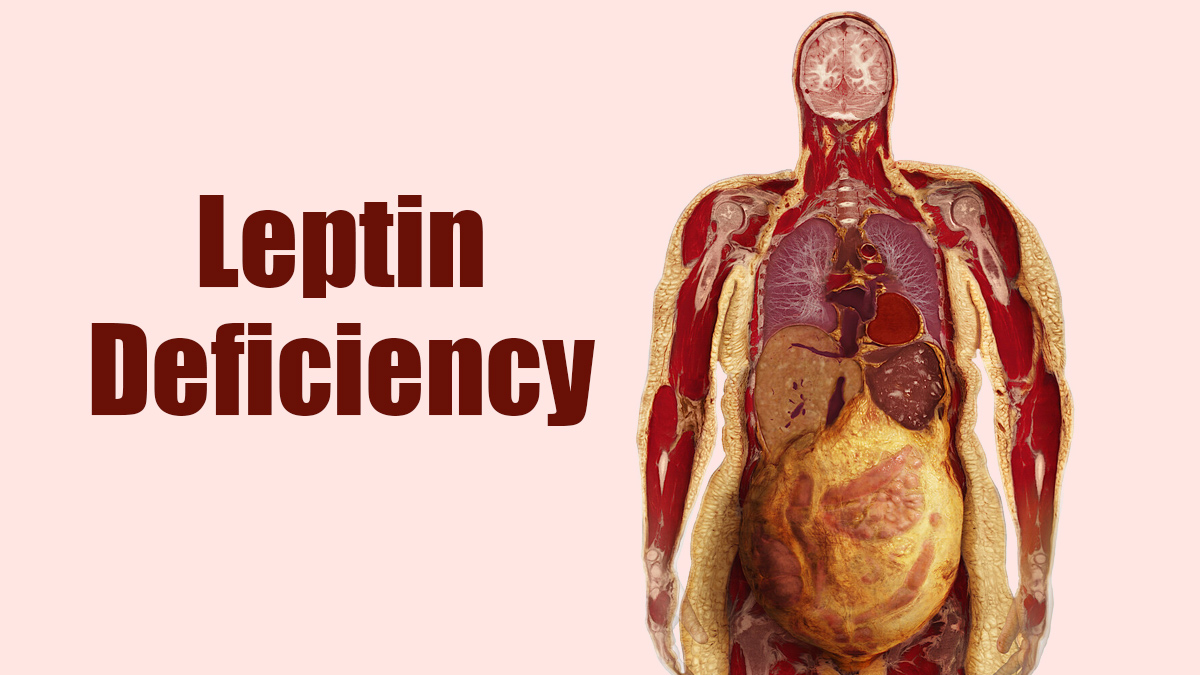
When a toddler weighs nearly 100 pounds and he/she is still not satisfied with the quantity he/she takes in, it is not only a case of an indiscriminate eater, but it is also a case of a medical puzzle. Imagine a hungry child crying even after being given a large dinner, who is incapable of quitting his food and who becomes fatter each day. This was how it was in the example of Benjamin Freitag, who was a small child whose body was not getting the right signals to feel full. The disorder that his case highlights is called leptin deficiency, which is a very rare and severe condition.
Table of Content:-
What Happened to This Toddler?![Benjamin Freitag Leptin Deficiency 2 - 2025-08-08T121649.637]()
Benjamin never stopped being hungry. By 3 years of age, he weighed about 100 pounds. His parents recall how they would put food under lock and key during family functions because he was unable to control his eating, especially when it came to food. His passion was food but his brain fixed him with the idea that he was hungry. It is neither overeating nor a behaviour syndrome; it is a real biological disorder.
His doctors finally found out what was wrong with him only after many tests: Benjamin has been diagnosed with a genetic condition known as leptin deficiency, which prevents his brain from realising that he is full. This disease led him to be fat-retained by his body and forever hungry.
What is Leptin Deficiency?![Leptin Deficiency 3 - 2025-08-08T121651.177]()
Leptin is a fat cell-produced hormone. She sends the message to your brain saying, I am full, donation is over. It aids in the management of energy and hunger. However, in leptin deficiency, there is either no leptin or the non-functioning of leptin. The brain does not receive the “stop” message. This gives a high hunger level and fast weight gain, which begins at a very early age.
Individuals with leptin deficiency are likely to have:
- A consistent feeling of hunger and desire for food.
- High and accelerated weight gain (Childhood obesity)
- Trouble managing metabolism and hormones
- Difficulty with feeling being filled after eating
It's also important to note that leptin deficiency is extremely rare, but not to be taken lightly. It typically appears shortly after birth or in early childhood with signs such as Benjamin's.
How Does Leptin Deficiency Occur?

This condition is most often the result of mutations in the LEP gene that influence how leptin is produced or functions. Here's what causes the issue:
- Genetic mutation: Alterations in the gene hinder leptin from functioning or being released appropriately.
- Inherited disorder: It tends to be hereditary, particularly if parents are close relatives, as was the situation with Benjamin.
- Failure of hormonal signalling: The brain fails to receive the signal that fat reserves are sufficient and continues to signal the hunger need.
Since the body "believes" it is starving, it clings to fat and compels the individual to continue eating despite the fullness.
Treatment and Hope
For Benjamin, physicians employed a treatment called metreleptin, which is a synthetic leptin hormone. His goal was to receive the full signal daily through injections. This goal decreased his appetite, caused him to eat less, and resulted in great weight loss and improved metabolism. This treatment indicates that even in acute leptin deficiency, it can be addressed if diagnosed early with the proper medical strategy.
Conclusion
Benjamin's is a reminder that hunger and weight issues are not always diet or willpower. Hormones such as leptin have a profound impact on how our bodies regulate hunger and weight. Leptin deficiency, while uncommon, has the ability to drastically alter a child's life. Knowing about this and treating it offers new hope.
Also watch this video
How we keep this article up to date:
We work with experts and keep a close eye on the latest in health and wellness. Whenever there is a new research or helpful information, we update our articles with accurate and useful advice.
Current Version

